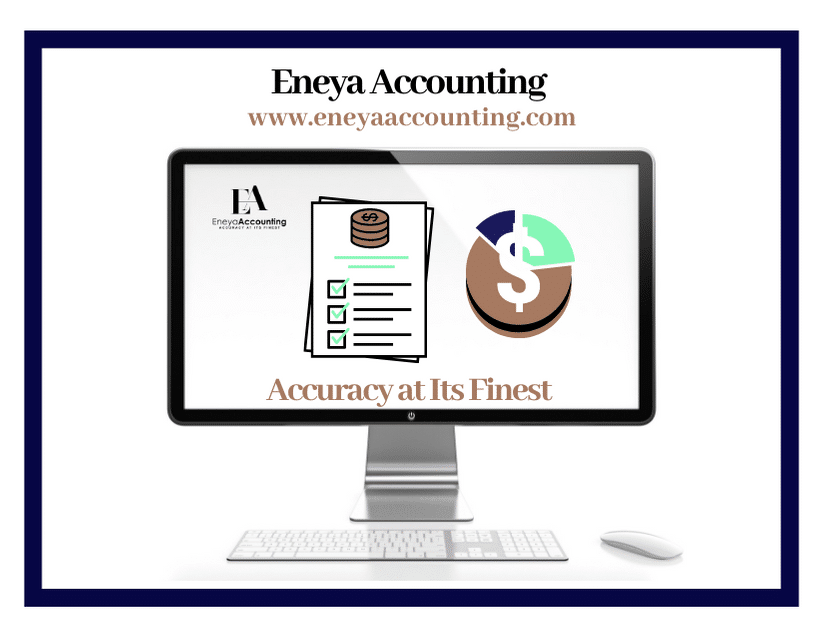The Art of Budgeting
Businesses surely hear about budgeting periodically, but rarely do they get the full understanding of it. Many wonder if budgeting consists of saving funds or limiting resources for specific projects. The real answer is that it depends.
Businesses can budget their financial statements and operating activities, but it is recommended that businesses should also consider important factors such as depreciation, cash flow and opportunity cost when they work on budgeting.
Depreciation indicates the value of your assets. It also allows you to evaluate the financial resources available to purchase new assets in case your current assets become obsolete. Cash flow indicates the incoming and outgoing transactions of your business, and opportunity cost indicates what you are giving up to gain the intended benefits.
A practical approach to budgeting consists of collecting your business’s historical data. Before planning and allocating resources, businesses should be familiar with their numbers, lead time, turnover rate, and financial ratios. In order words, businesses need experience in order to determine realistic and practical numbers within their size and industry.
After gathering historical data and computing financial ratios, business owners need to learn how to implement the budget in operating activities. You need to compartmentalize your operating activities into a set of priorities to know what should come first in case your business underperforms.
In order to evaluate the income stream that will cover your business expenses, it will be beneficial to break down your operating expenses into necessity and desire, and your income stream to ratio.
For example, your business has budgeted to incur $20,000 in business expenses and to earn $30,000. As time goes by, however, you realize that you will earn $22,000 instead of $30,000 as projected. As soon as you realize that you will not be able to afford the $20,000 in business expenses due to not having enough cash income, you should prioritize the necessity expenses and postpone the desired expenses for upcoming periods. Budgeting is an insightful strategy that guides you in knowing whether you should use your business’s cash reserve to cover the necessity expense.
In terms of timing, budgeting is recommended at the beginning of a specific period. Common periods are before the start of a new month, holiday season, spring, or summer. Completing the budget at the beginning of each period will allow businesses to know how much to allocate in various departments of your business throughout the entire period.
Eneya Accounting assists businesses in generating actual and pro forma budgets. As businesses reach the phase to scale, budgeting becomes a critical factor in controlling the ongoing activities in the business. For assistance and guidance, contact us at contact@eneyaaccounting.com.
